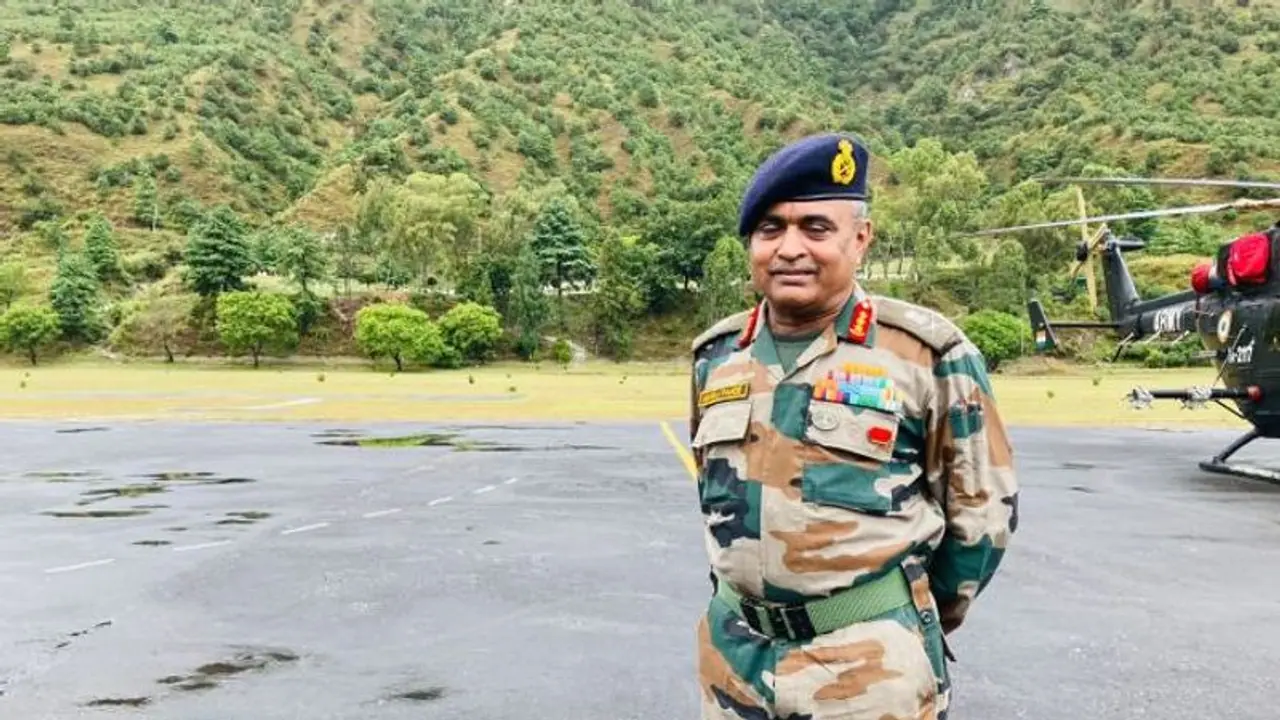Lt Gen Pande will be the first officer from the Corps of Engineers to rise to the rank of Indian Army chief later this month.
The government has appointed vice chief Lieutenant General Manoj Pande as the new Army chief. He will succeed Gen MM Naravane, who is set to retire on April 30. He will be the 28th Indian Army chief. Lt Gen Pande will be the first officer from the Corps of Engineers to rise to the rank of Indian Army chief later this month.

Before becoming the vice chief in February 2022, Lt Gen Pande was Commander-in-Chief Andaman & Nicobar Command from June 2020 to May 2021 and Commanding-in-Chief Eastern Command from June 2021 to January 2022.
Having graduated from Staff College, Camberley (United Kingdom) and attended the Higher Command (HC) and National Defence College (NDC) Courses, the General Officer has 39 years of distinguished military career.
He has been conferred with the GOC-in-C Commendation twice and the Vishisht Seva Medal, Param Vishisht Seva Medal, Ati Vishisht Seva Medal, and the Chief of Army Staff Commendation. The General Officer is The Colonel Commandant, The Bombay Sappers.
Lt Gen Pande was commissioned into the Corps of Engineers in December 1982. An alumnus of the National Defence Academy, Lt General Pande commanded an engineer regiment in the Pallanwala sector along the Line of Control during Operation Parakram, which was launched in the aftermath of the December 2001 terror attack on Parliament.
Lt General Pande has commanded an infantry brigade along the Line of Control, an engineer brigade in the western theatre, a mountain division in the Ladakh sector and a corps in the Northeast.
As the Indian Army Vice Chief, Lt Gen Manoj Pande has maintained that in the face of changing character of future wars legacy challenges of unsettled and disputed borders have become much more complex.
He believes that the force needs to be proactive in building a credible deterrence to defeat the adversary's efforts to achieve its strategic goals and deter military escalation.
In a conclave in February, Lt General Pande had stated that in an ever-blurring line between war and peace, the nature of future war would be a complex interaction of human emotions, cultural and ethnic factors, political objectives, and military skills.
Also Read: 2nd Russia-made S-400 Triumf missile system is on its way to India
Also Read: What is Indian Navy's P-8I aircraft doing Down Under?
Watch: Israel tests $3.50 laser shot to knock out UAVs, rockets, mortars
